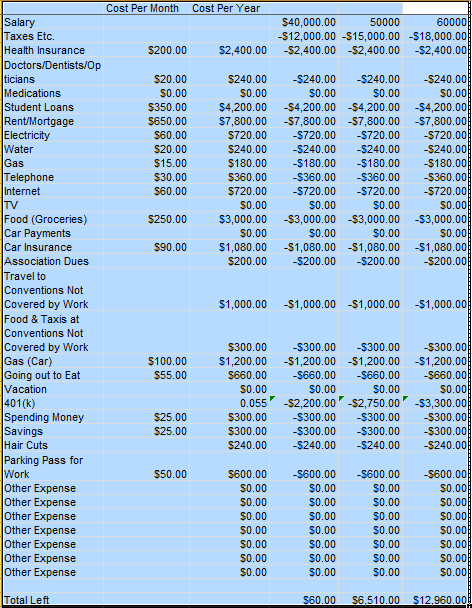
I’ll buy a coffee next time I see you for the first person who recognizes the title quote and can tell me what it’s from and who said it. If you don’t recognize it you obviously weren’t watching the same geeky shows as I was in the late 90s.
As I mentioned at the very end of my last post I realize it has been quite a while since I posted on here. There are two reason’s for that. One is that I’ve been very busy, I’ll post a catch-up list of things I was up to at the end of this post to illustrate said business. Two is that I don’t believe in posting just to post. It’s one thing to scribble notes to myself in a Google Doc, pad of paper, notebook app, it’s another to write things for no purpose online, especially when you’ve built a website that focuses on sharing interesting facts, useful resources, and on occasion sharing a professional opinion. While I enjoy writing, and in some ways do find it relaxing there is an upper limit to how much I can write per-week that is actually decent enough to share with other people. In a different job that wouldn’t be an issue but fortunately or unfortunately I managed to find a job where I love a lot of the things I do which means that my work and my hobby interests tend to be very left-brain. When work gets busy I actually have to give up some of my hobbies or all I would do is left-brain activities!
Here’s a list of my major activities since I last posted. If you’d like to talk about any of them you are always free to email me at work. I am especially happy to talk about data management and issues of equity and professional development and retention.
Deards, K. & Springs, G. R. (Eds.). (2014). Succession Planning and Implementation in Libraries: Practices and Resources. Hershey, PA: IGI-Global. March 2014.
Deards, K. (2013). Health equity in academic libraries, not just for those we serve. ACRL 2013 Proceedings (Association of College and Research Libraries 2013 Conference).
Deards, K. D., Graybill, J. O. (2014). The role of professional protocols: recruitment, retention, and service. In Deards, K. & Springs, G. R. (Eds.), Succession Planning and Implementation in Libraries: Practices and Resources. Hershey, PA: IGI-Global.
Deards, K. (2013). Why, how, and where we?re going next: a multi-institution look at data management services. CLIR Report: Research Data Management, Principles, and Prospects, 160, 43-63.?Link: http://www.clir.org/pubs/reports/pub160/pub160.pdf
Deards, K. (2013). Physics. In Cheryl LaGuardia (Ed.), Magazines for Libraries 22nd Edition. New York, NY: Proquest.
Deards, K. (2013). Why, how, and where we’re going next: a multi-institution look at data management services. CNI DataRes Symposium (Coalition for Networked Information).
Deards, K. (2013). Suddenly I’m consulting on data management plans. SLA First Five Years Council. [Invited speaker]. [Webinar].
Handout as PDF: http://digitalcommons.unl.edu/library_talks/95/
Deards, K. (2013). Holistic approaches to service: connecting researchers to libraries through relationship building. 245th American Chemical Society National Meeting & Exposition, Division of Chemical Information, Library Cafes, Intellectual Commons and Virtual Services, Oh My!? Charting New Routes for Users into Research Libraries Symposium.
Deards, K., Dorney, E., & Kim, B. [2013]. Stealth librarianship: creating meaningful connections through user experience, outreach, and liaising. [ACRL e-learning webcast].
Allison, D., Deards, K., & Lee, K. [2013]. The easy button for data management. Innovation in Pedagogy and Technology.

